German National Cinema
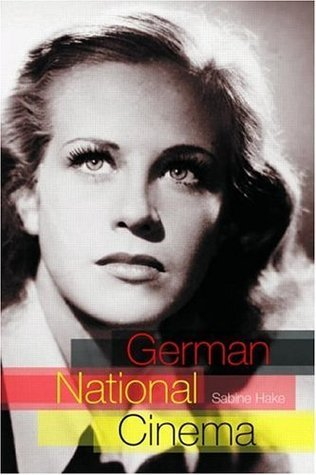
Summary
Sabine Hake presents the second edition of her comprehensive account of German cinema from its origins to the present. From The Cabinet of Dr. Caligari to Run Lola Run , Hake examines a range of films in relation to the social, political, economic and technological events surrounding them. The second edition has been thoroughly revised and updated to an expansion of the final chapter on Post-unification cinema; references to recent film releases (through 2006) such as Downfall , Goodbye Lenin , and The Edukators; Analysis of German-Turkish cinema, gay and lesbian cinema, new documentary styles (Berlin School), and the question of postnational or transnational cinema. Covering a wide range of genres, Hake assesses the work of directors and stars alike, exploring the competing definitions of German cinema as art cinema, quality entertainment, political propaganda and rival of Hollywood.
Similar Books
-
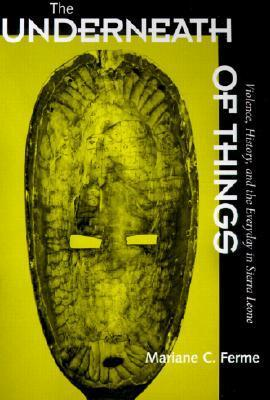
-

-
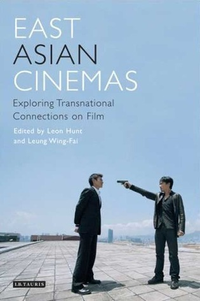
-
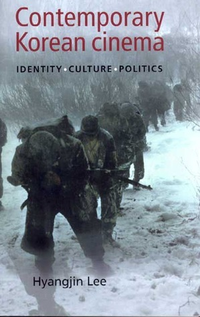 Contemporary Korean cinema: Culture, identity and politics
Contemporary Korean cinema: Culture, identity and politicsby Hyangjin Lee
-
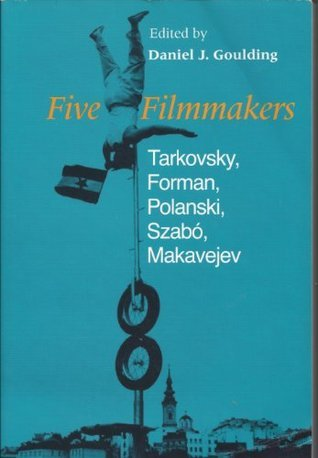 Five Filmmakers: Tarkovsky, Forman, Polanski, Szabo, Makavejev
Five Filmmakers: Tarkovsky, Forman, Polanski, Szabo, Makavejevby Daniel J. Goulding
-
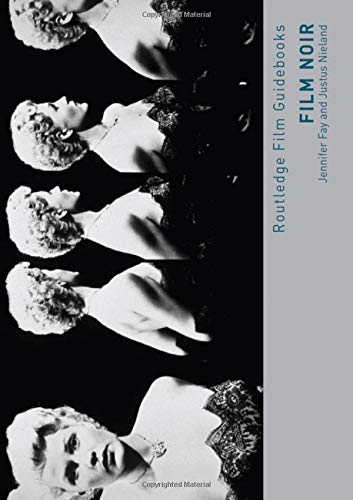
-
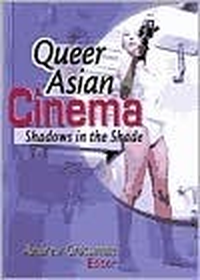 Queer Asian Cinema: Shadows in the Shade
Queer Asian Cinema: Shadows in the Shadeby Andrew Grossman
-
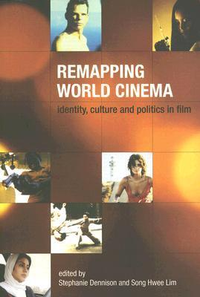 Remapping World Cinema: Identity, Culture, and Politics in Film
Remapping World Cinema: Identity, Culture, and Politics in Filmby Song Hwee Lim
-
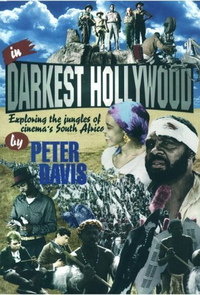
-
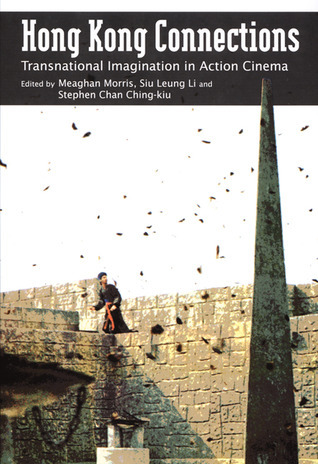 Hong Kong Connections: Transnational Imagination in Action Cinema
Hong Kong Connections: Transnational Imagination in Action Cinemaby Meaghan Morris
-
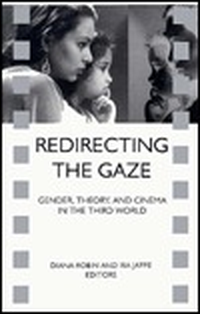
-
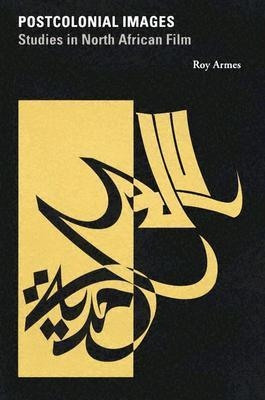 Postcolonial Images: Studies in North African Film
Postcolonial Images: Studies in North African Filmby Roy Armes
-
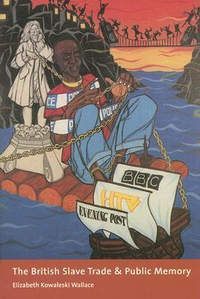 The British Slave Trade and Public Memory
The British Slave Trade and Public Memoryby Elizabeth Kowaleski Wallace
-

-
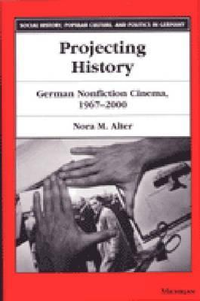 Projecting History: German Nonfiction Cinema, 1967-2000
Projecting History: German Nonfiction Cinema, 1967-2000by Nora M. Alter